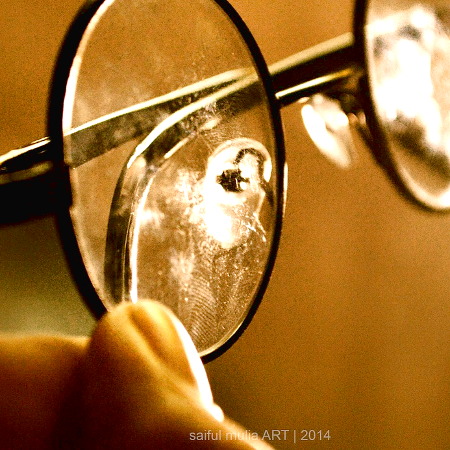First glimpses rarely provide complete understanding. And often our perceptions are quite wrong.
Many years ago in a previous church, I arrived just weeks before leading a middle school mission trip. A great dispute arose among about a dozen girls on the trip. Mean-spirited looks and comments fueled misunderstandings. Accusations of theft and physical abuse erupted under ineffective chaperone leadership. Adolescent angst kindled adult parent anger. Not a blissful beginning. Not the best glimpse of humanity or church community. That’s probably what others thought about me as I did about them, when we knew each other hardly at all. And in God’s grace, the good news is that, over many years to follow, some parents became very close friends and colleagues in ministry. One of those girls babysat our children. And I presided at weddings and baptisms for those adolescents grown into adults themselves. Much goodness blossomed despite the less-than-flattering first glimpse.
We could probably all share times in life when first perceptions of a person or situation proved false. Why is our perception at first so faulty? Filters of memories and cultural messages that we associate with the person or situation color and distort what we see. Then there are always fears we project, ultimately rooted in self-preservation or self-centered pursuits—clinging to our power, resources, privileges—or simple insecurities about whether we’re good enough, have enough, lovable enough. All of which leads to condemnation based on our narrow conclusions, rather than a widening vista of compassion.
Trouble is, we invest emotion, energy, motive in these incomplete understandings and misperceptions. Then they harden into bias and bigotry. Then they radiate into other relationships—very personal and widely communal. Then the cycle continues to spread. The monster continues to feed. The wounds continue to bleed.
Of course, we’re talking about intimate relations among people once so beloved. We’re talking about friendships and colleagues at work, once so valued. We’re talking about racism, sexism, religious and socio-economic prejudice, partisan polarization which plague society.
As we try to be faithful in love and service, perhaps the most basic trouble is that we’re simply unfair. And we can do great harm to others in being so. At a deeper and more profound level, we are unfaithful because we miss the grace of God. We don’t see and appreciate the divine goodness inherent in another person. We don’t receive gratefully and nurture generously what abundant life can bloom and grow for that person, for community life, and for all creation that will benefit from those gifts of grace.
In worship this week, we’ll center again on the comedic story of the prophet Jonah. God called him to face the big, super-powerful, hated enemy. First, he flees the opposite direction with all his heart. Finally, he goes and after just a few half-hearted words at best, the whole vast city turns to God. Well, this is not what Jonah expects or wants. He pouts when God relents in punishment. Jonah never sees beyond selfish emotions and twisted perceptions. And then there’s Nathanael being called to follow Jesus of Nazareth. Echoing the bias of his time and place, his first words are: Can anything good come out of Nazareth?
Nathanael’s friend offers the invitation, implicit in God’s call to Jonah: come and see. Come, open your heart enough to look beneath the surface, beyond stereotypes, and see what you might discover. In John’s gospel, to see really means to know intimately—to understand, accept, value relationally. The good news is that time after time, Jesus sees the goodness and potential for life in people that others in culture and religion have cast aside. Throughout the Bible, the eyes of God’s heart see people and possibilities in ways that seem upside down for the rest of society. Repeatedly we find that the problem is with human vision—myopic and cataract laced—not God’s.
Those are stories for another day. Maybe tomorrow … in your life and mine.
Come and see. That’s the divine invitation to us, as well. How might we hear it amid our most conflict-ridden relationships, the most troubling situations of our community and world, even in the face of those labeled our enemies. Come. Just maybe we’ll have eyes to see and ears to hear God-with-us!
Grace and Peace,
Seth

